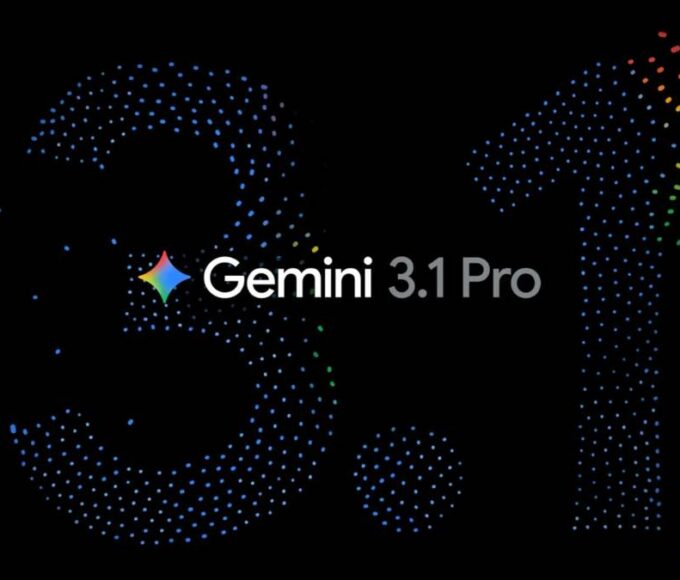While open-source software has long offered alternatives to proprietary tools, the landscape is evolving rapidly.
Here are some noteworthy open-source options that challenge popular productivity apps:
- Penpot: A web-based design tool rivaling Figma, Penpot saw a surge in signups following Adobe’s attempted acquisition of Figma.
- Cal.com: Positioned as “scheduling infrastructure for everyone,” this Calendly alternative raised $25 million in Series A funding.
- Screenity: A Chrome-based screen recording tool that could serve as an open-source alternative to Loom.
- Jitsi: A community-driven video conferencing platform that offers a self-hostable alternative to Zoom.
- Nextcloud: A file storage solution emphasizing privacy and data sovereignty, challenging platforms like Dropbox.
- Ghost: An open-source publishing platform that provides a more customizable alternative to Substack or Medium.
- TabbyML: An early-stage project aiming to create a self-hostable alternative to GitHub Copilot.
- Chatwoot: An open-source customer engagement platform that could replace proprietary solutions like Zendesk.
- PhotoPrism: A self-hostable photo management tool that emerged as Google Photos ended its free unlimited tier.
- Bitwarden: An open source password manager that has gained traction and significant funding.
- AppFlowy: A Notion alternative for task management and collaboration, backed by notable tech investors.
- Dub.co: An open source link management tool challenging established players like Bitly.
While open-source alternatives offer benefits such as transparency, customizability, and freedom from vendor lock-in, they may come with trade-offs in areas like formal customer support or advanced features.
However, for individuals, freelancers, and small businesses looking to diversify their software stack or reduce reliance on Big Tech, these tools present intriguing options.











